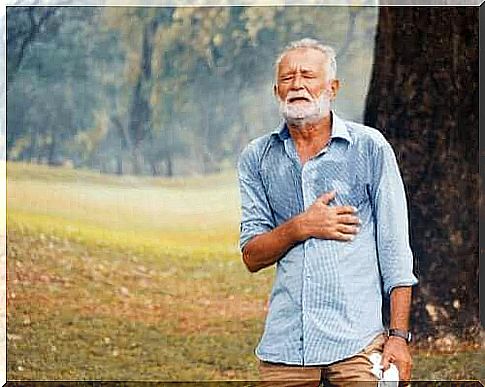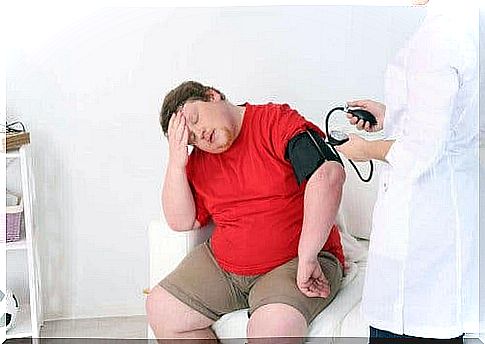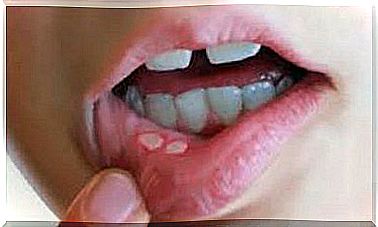Who Are The Most Vulnerable To Heat?

Certain individuals are more vulnerable to heat, whatever it is due to their specific body type or health circumstances. These populations need to pay special attention to their protection in the summer.
Of course, we all need to follow some basic measures to protect ourselves from heat. For example, we need to wear the right clothes, stay well hydrated and stay away from the sun during the hottest hours. However, those who are more vulnerable to heat should maximize these measures.
The people who are most vulnerable to heat are:
- Children under 5 years
- Persons over 65
- People with chronic diseases
- People who exercise or work outdoors
The people who are most vulnerable to heat
Children are quite vulnerable to heat

Children, especially very young children, are particularly vulnerable to heat. This is because young bodies lose fluid faster. They therefore dehydrate faster.
Likewise, children create heat faster, due to their size. Therefore, one should protect them from direct sunlight when temperatures rise and keep an eye on overexertion during their physical activities.
Older
Another group that is very susceptible to heat are the elderly. This is because their body’s heat regulating center sits in the hypothalamus. It is an area in the brain that regulates the body’s internal temperature. Unfortunately, this feature slows down as people get older.
Nor can people in this population group quench thirst as easily as they used to. They are therefore at greater risk of becoming dehydrated. Therefore, remind them to drink fluids occasionally.
In addition, older people sweat less than younger people. This is because they tend to retain more body heat. If their surroundings are humid, it further inhibits sweating and there is an increased risk of heat stroke.
People with high blood pressure
Excessive heat dilates the arteries and leads to dehydration. Both are quite negative for those affected by high blood pressure. Therefore, talk to your doctor about how to adjust your medication in hot weather.
What is most common is that heat lowers blood pressure. The effect of one’s usual medication can therefore cause one to reach inadequate levels. This is why one should be examined by a doctor so that they can rule out unwanted surprises.
Heart patients and overweight

High temperatures also affect the cardiovascular system. Of course, this effect is more serious in those who have had problems in the past. This is because heart failure limits the body’s ability to cool down. As you can see, there is a risk of excessive heat buildup.
In addition, it is also common for heart patients to use diuretic medications so that they constantly excrete water from their body and this reduces their ability to sweat. It is for this reason that they are particularly vulnerable to dehydration.
Obese people also have trouble cooling down. As a rule, they sweat a lot when faced with high temperatures. Thus, they easily lose fluid and mineral salts and often become dehydrated.
Likewise, since overweight people have a greater volume of body fat, this changes their temperature regulation. They are therefore more likely to get a heat stroke.
Athletes and people working outdoors
As the latter, people who perform physical activities outdoors are much more vulnerable to heat. Direct exposure to the sun increases the impact of high temperatures on them. Both sunlight and activity double their risk of dehydration.
All of these groups should be adequately protected, and limit their activities to those times of the day when the sun is not as strong as possible. They should also constantly stay hydrated and drink twice the fluid they would normally drink.









